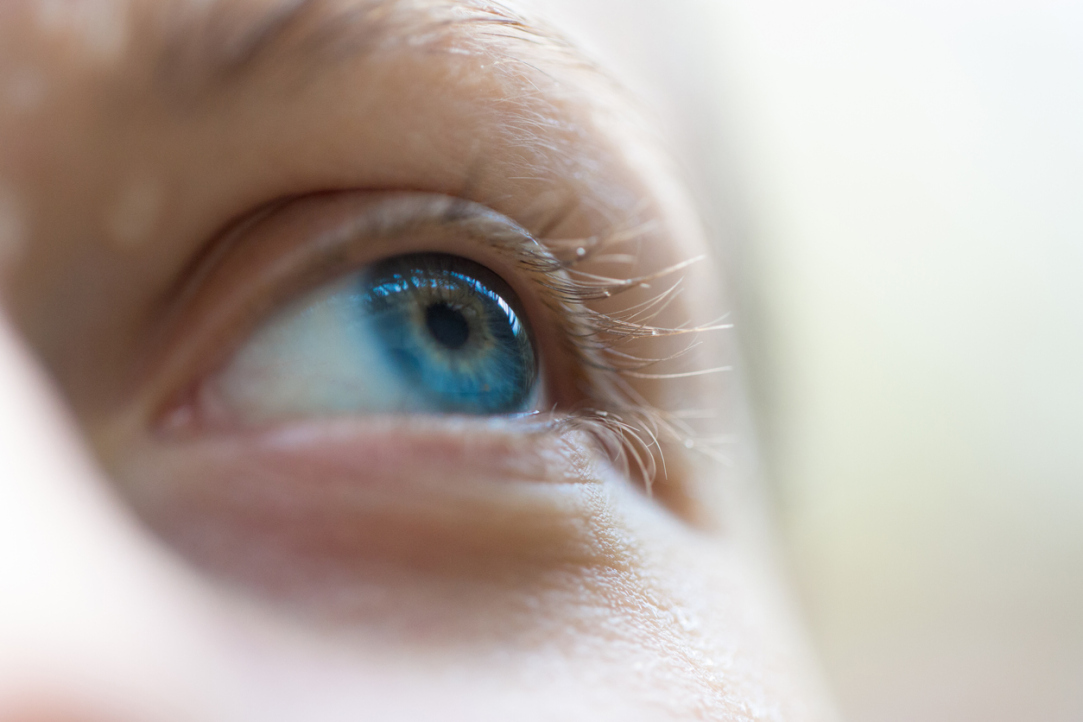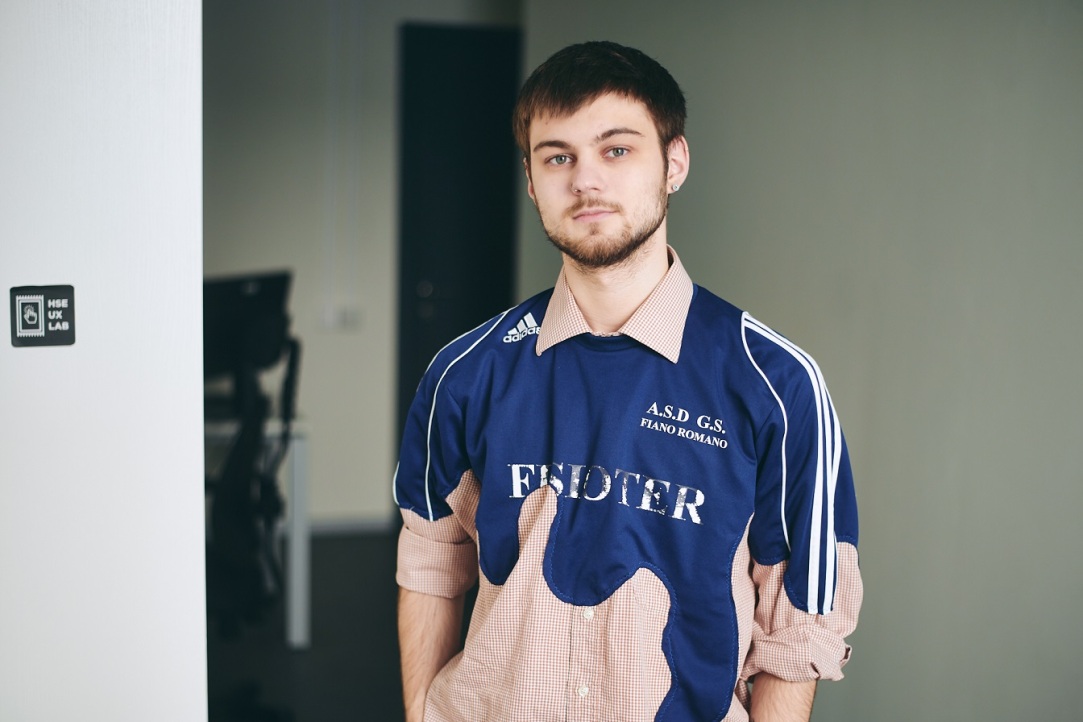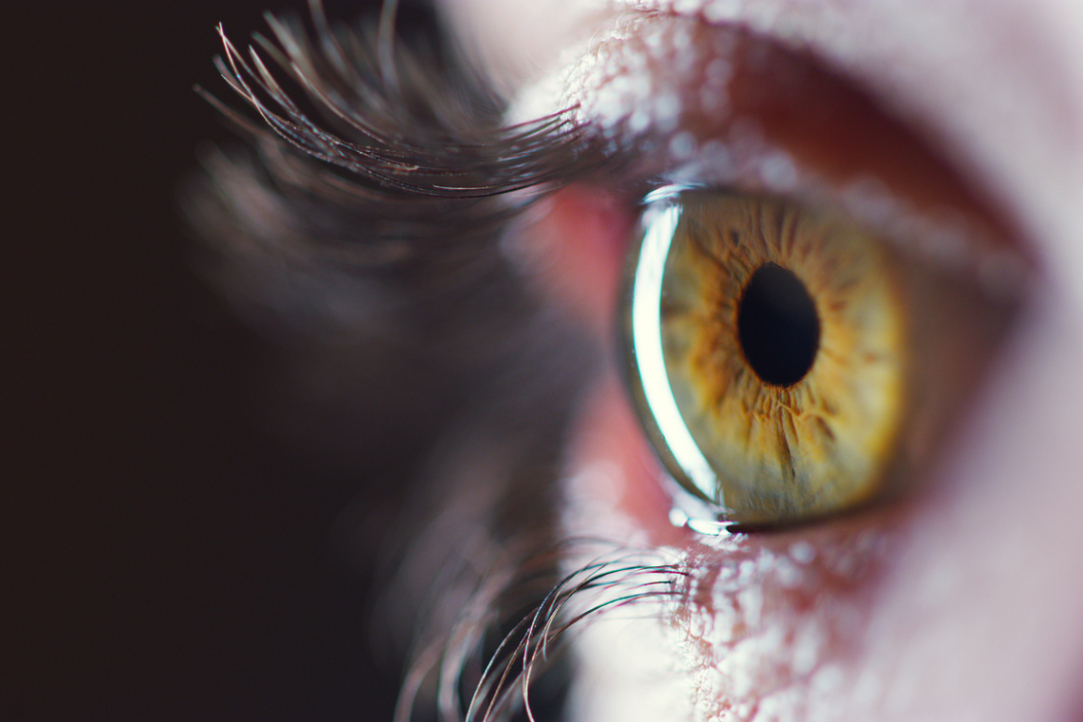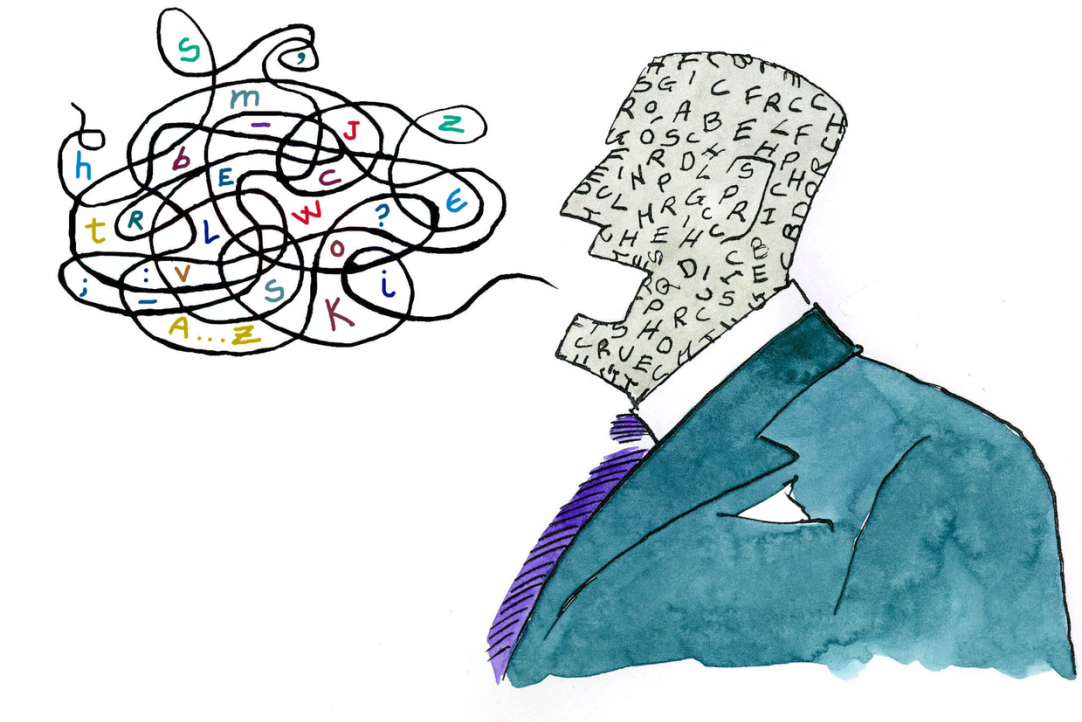The movement of human eyes mirrors the cognitive processes occurring in the brain. Today, neuroscientists can precisely monitor their parameters with millisecond accuracy. Video-oculography holds the key to understanding numerous phenomena related to reading, perception, and language production processes. IQ.HSE interviewed Andriy Myachikov, Leading Research Fellow at the HSE Institute for Cognitive Neuroscience (ICN), about the method of video-oculography, or, in scientific parlance, eye-tracking, and its applications in psycholinguistic research.












